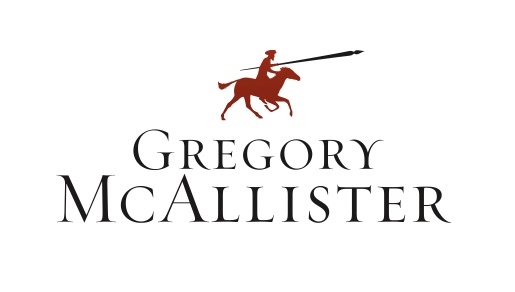Heresy Today, Dogma Tomorrow
I just read a fascinating gospel. It’s called the Gospel of Judas. It was unearthed in the 1970s in Egypt and only found its way into the public domain around 20ll. It’s heretical of course, but that’s why it appeals to me. Ever since my deacon summer in 1966, when Jim Gaffey, with loving fraternal concern, told me he felt I was “in heresy,” I’ve been fascinated by the deeper meaning and possibilities of that concept.
Like so many words we good Catholic boys had to deal with, heresy comes from the Greek. I found it in my third-high Liddell & Scott dictionary - hairesis: “taking for oneself, choosing, choice.”
Now I have to say that the most rewarding times in my life have been the times I have chosen something for myself after listening to my heart and intuition, rather than blindly following the dictates of church and state. Evidently many of Jesus’ early followers felt the same way, because an awful lot of them got branded as “heretics” by the guys commissioned by Constantine to set up the Canon of Scriptures at the Council of Nicaea. [Canon originally meant a straight bar or rod with which to measure things. You might think of it like a stick up your ass - (apologies, Ken)].
In order to please Constantine, the church leaders came up with an “orthodox” set of beliefs and writings that would preserve the stable hierarchy of Empire. When people ignored their dictates and persisted in choosing their own beliefs, the newly-commissioned church authorities resorted to sterner means: First they burned the heretics’ writings; then they burned the heretics.
It worked pretty well. By the 1950s most of us good Catholics couldn’t imagine believing anything that wasn’t in the Nicene Creed. The very idea of exercising any kind of free choice was anathema. In the years since my orthodox youth (I was originally a very canon-bound seminarian), I have become increasingly fascinated by how deeply programmed we have been by Mother Church toward a constricted canon of belief, emotionality and behaviour, all the time imagining we are free human beings.
Despite this programming, however, we now have a lot more options. In the last 75 years, all sorts of ancient, Gnostic scriptures have turned up in caves and clay jars, where they were originally hidden to protect them from Constantine’s Canonical police. Perhaps the most radical and surprising of all these finds is the recently discovered Gospel of Judas. In it, Jesus mocks his apostles for worshiping Yahweh, whom He implies is a lower-level demi-urge unworthy of homage or respect. The apostles loudly object and it is only Judas who really understands that Jesus is infused with the true God of Infinite Spirit and is consequently invulnerable to Yahweh’s punitive mortality curse.
Judas, Jesus says, will exceed all the other apostles by “sacrificing the man who clothes me,” thereby liberating Jesus’ soul from the confines of Yahweh’s world. Judas may be damned by the other apostles and by the canonical scriptures, but Jesus applauds his willingness to play his divinely-choreographed role of betrayer.
This gospel challenges all of our usual assumptions about Jesus, Judas, God, and Church. Many will consider it blasphemous and refuse to even look at it.
Not me though. I’ve been a happy heretic for the last 56 years.
